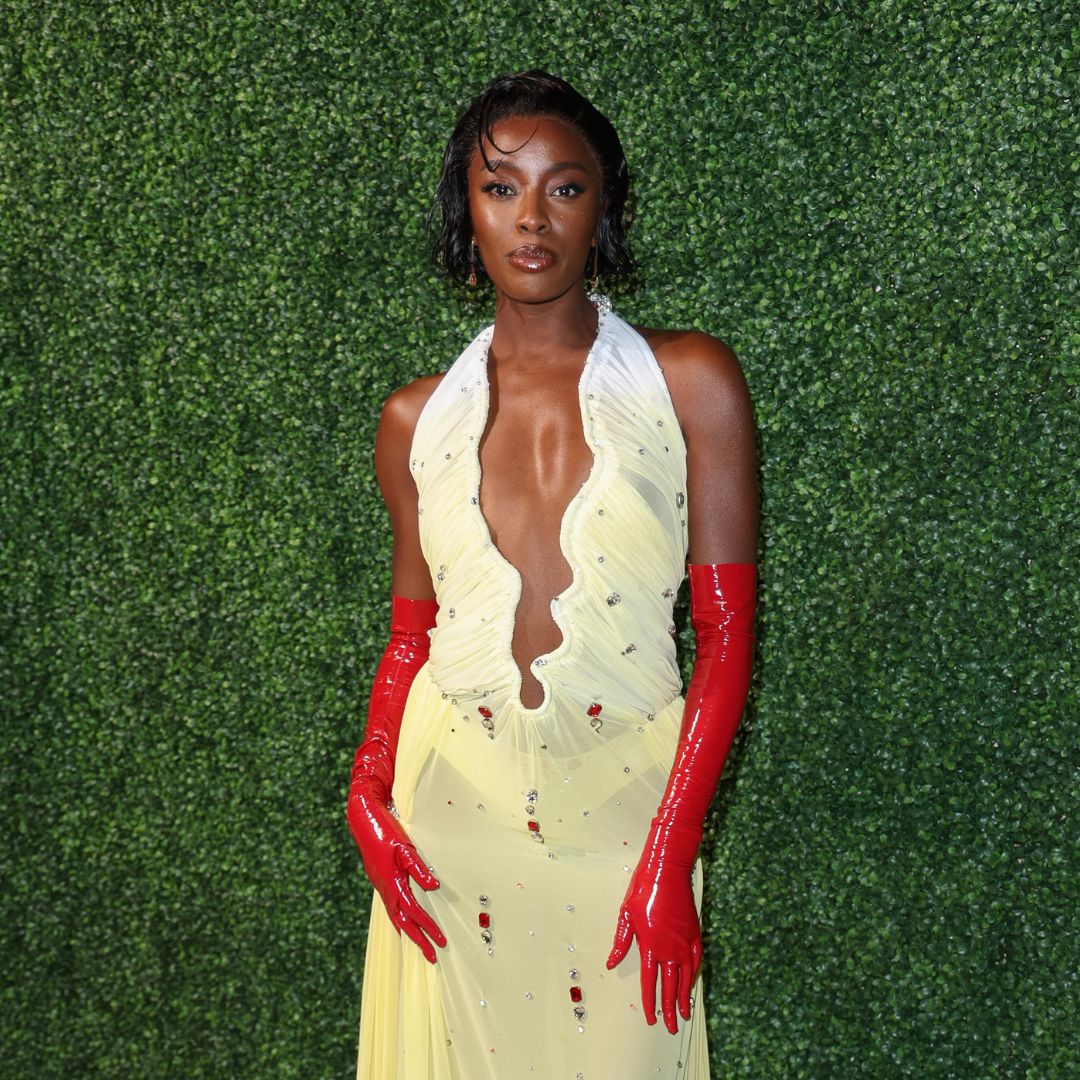People who watch Keeping up with the Kardashians are more likely to be 'less sympathetic to the poor'
There goes that TV binge.


There goes that TV binge.
If your guilty pleasure is sneaking off to watch shows like Keeping Up With The Kardashians or Made in Chelsea, you might want to consider finally calling it quits. It turns out that according to a new social experiment, people who regularly watch shows that glamourise wealth are more likely to be ‘less sympathetic to the poor’ and harbour more ‘anti-welfare sentiments’.
The study conducted by London School of Economics (LSE) examined whether those who watch shows that ‘glamourise fame, luxury and the accumulation of wealth’ were more likely to be in favour of welfare cuts. After interviewing 487 British adults aged between 18-49 about their viewing habits of shows including The Apprentice, X-Factor, Keeping Up With the Kardashians and Made in Chelsea as well as their consumption of luxury magazines, they found that those who indulged regularly tended to hold ‘stronger materialistic and anti-welfare attitudes than lighter consumers of these shows’.
Yikes. Dr Levya, who spear-headed the study, said, ‘The Apprentice, Keeping Up With The Kardashians and X-Factor are replete with [mixed media messages] that are engineered to absorb audiences into the glamorous world of wealth and celebrities and thus have a strong potential to function as cultivators of materialistic values and attitudes.’

‘Humans are inherently materialistic but also very social and communal,’ Dr Levya continued, ‘The way this is expressed depends on our culture. If there is more emphasis on materialism as a way to be happy, this makes us more inclined to be selfish and anti-social, and therefore unsympathetic to people less fortunate.’
Another aspect of the study split their interview subjects into two groups: one which was exposed to lots of glamorous images of products, celebrities and newspaper headlines versus another that watched ‘neutral stimuli’ (basically stuff about nature, dinosaurs and the London underground).

After being shown 12 images for five seconds each, they were then immediately asked about wealth, success, impoverished people as well as government welfare reforms which have been shown to genuinely have negative effects on the people and institutions they claim to be supporting.
Marie Claire Newsletter
Celebrity news, beauty, fashion advice, and fascinating features, delivered straight to your inbox!
The study stated, ‘Results showed a significant treatment effect of momentary exposure to materialistic media on both anti-welfare attitudes and support for anti-welfare policies. This suggests that just 1 intermittent minute of attention to common and typical materialistic media messages caused a significant increase in anti-welfare sentiments.’

Dr Levya wrote, ‘This study can contribute to explanations for why the UK public’s support for welfare to aid the impoverished and unemployed has been decreasing during a time of rapidly growing wealth disparities, living costs, and rates of precarious and underemployment.’
On that note, if you’d like to donate to any charities that help those in a bind then we’ve put together a little list below…
Thames Reach
A charity that provides aid to rough sleepers as well as preventative work to help those on the verge of homelessness.
Rhythms of Life
A volunteer-run organisation that provides meals and support to London’s homeless.
Women’s Aid
A national organisation that helps those affected by domestic violence and provides counselling services, external support, training and also campaign for changes in the law to benefit domestic abuse survivors.
CRISIS
A well-established charity that operates across the UK to help those sleeping on the streets, by helping find solutions to education, employment, accommodation and emotional support services.
They also conduct regular research around the issue of homelessness to inform their future campaigns and put pressure on the government to enact real meaningful change.
Megan is a freelance journalist who covers entertainment and all things lifestyle, with a particular passion for fashion, beauty, travel and Keanu Reeves stories. She has previously worked on staff for titles including Marie Claire UK, CNN Style and The Evening Standard and has written for titles such as Bustle UK, Wallpaper*, Forbes and Hong Kong Tatler. She splits her time between London and her hometown Hong Kong, where she currently lives with the love of her life - an elderly dog named Poppy - and her husband.
-
 Anatomy Of A Wardrobe: TV presenter AJ Odudu is carving out her own lane, one show-stopping look at a time
Anatomy Of A Wardrobe: TV presenter AJ Odudu is carving out her own lane, one show-stopping look at a timeWatch as we take an exclusive look inside AJ's wardrobe
By Lily Russo-Bah
-
 This perfume has been an icon for over 20 years, and for good reason—it’s soft, elegant, and oh so feminine
This perfume has been an icon for over 20 years, and for good reason—it’s soft, elegant, and oh so feminineFeminine but not *too* sweet
By Lucy Abbersteen
-
 I’ve searched high and low for the best lightweight SPFs—these hydrating, water-based ones are a total game-changer
I’ve searched high and low for the best lightweight SPFs—these hydrating, water-based ones are a total game-changerNo excuses
By Jazzria Harris